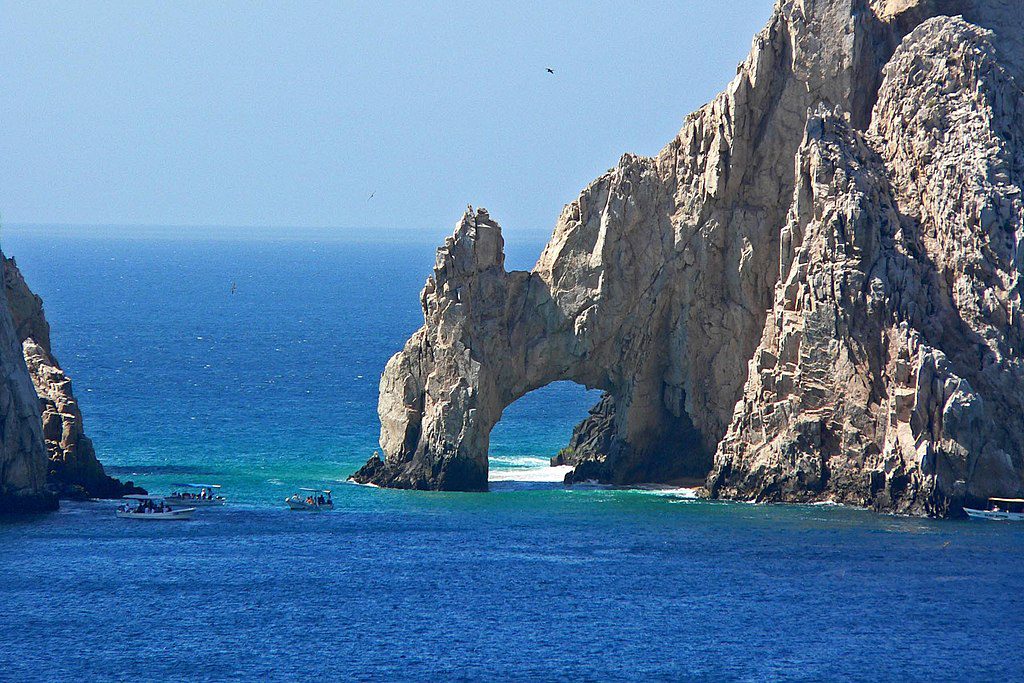Skift Take
Destination marketing organizations faced the ultimate agility test during the pandemic, with funding sources tied to hotel taxes stripped. It is a wake-up call to diversify finances and strategy to have some level of resilience for the next crisis.
Destination marketing organizations and tourism groups in charge of conveying the travel message of a region essentially had all the financial legs of the stool snatched from under them during the pandemic.
Building back a more resilient model for future crises is paramount to their survival.
A destination marketing organization, or DMO, is largely funded through hotel and tourism taxes; however, this travel sector almost immediately had to reckon with finding a new financial stream in light of tanked hotel demand and occupancy rates. It’s only one of the many recovery conversations underway in the tourism industry.
“Yesterday’s solutions won’t solve today’s problems,” Discover Puerto Rico CEO Brad Dean said Wednesday at Skift’s Destinations & Sustainability Summit.
Destination marketing organizations have their first test of reality this summer surrounding the “build back better” conversations that sparked last year regarding everything from sustainability to finding funding sources that could be more resilient to future crises than relying largely on hotel bed taxes.
Ninety percent of the funding to Visit Seattle came from hotel and tourism taxes, the organization’s CEO Tom Norwalk told Skift last year. Destination marketing groups were eventually able to tap into federal relief programs, but the health crisis raised a brutal question of need: How do these organizations prepare for the next crisis and become more resilient?
Organizations like the Los Cabos Tourism Board created a private, local tourism fund in 2019 following the dissolution of the Mexico Tourism Board. The private source, which complements public funds, proved to be timely in light of the pandemic a year later.
“That private funding was really the survival of the destination because we had a slowdown of the cashflow of the bed tax for obvious reasons,” said Rodrigo Esponda, managing director of the Los Cabos Tourism Board.
The local restaurant association as well as real estate developers are becoming involved in the program, which could be a more resilient model for other DMOs to pursue in the future so as to not be so heavily reliant on hotel taxes.
“We hope that, at the end of the year, we will have a much more robust model in the private sector with also the complement of public funding,” Esponda said.
Discover Puerto Rico’s funding source also extends to short-term rentals, which Dean said is key in finding “different pathways” of financial resources to keep a DMO afloat. In his own DMO’s case, it has helped the organization weather many storms.
“You know from Zika virus to earthquakes, hurricanes, and massive political unrest, the pandemic was just another chapter in our ongoing story,” Dean said.
Resilience
Shifting work strategies at the DMO level also helped some destinations remain resilient through the worst of the pandemic.
New Mexico’s destination marketing campaign, like others around the world, went up in flames last year at the beginning of the pandemic. The state cancelled a national campaign as well as tourism events. But the state’s tourism board didn’t pack up and halt work because of the health crisis.
The state upskilled employees into almost a call center function to convey to hotels and tour operators about any available government funding opportunities and relief measures.
“We just made sure we had a liaison for each of those different organizations that were administering the funds,” said Jen Paul Schroer, cabinet secretary of the New Mexico Tourism Department. “That way, anytime there was an issue with an application from our constituents, we were able to problem solve in real time and work through a lot of the issues that they were having. It wasn’t just the red tape.”
The New Mexico Tourism Department is also working beyond destination marketing and assisting the state’s various travel businesses and the swelling labor shortage crisis. The organization sees this as a five-year issue and is working with higher education and vocational programs to market tourism as a strong career path to students.
“I’m working with our sister agencies to be able to align all of the resources and a lot of federal funds that those agencies get — but focused on tourism — because after the 2008 recession, the tourism economy came back two times the job growth rate of all other industries,” Schroer said. “We know if we’re able to influence this industry and increase our marketing and also support our workforce, we can create jobs faster than any other industry.
Agility of Messaging
While most are banking on recovery momentum continuing, the panelists Wednesday also recognized new variants of the virus can also upend the travel demand rebound.
Quick, agile messaging is of utmost importance in navigating the next steps.
“There are going to be markets that are going to be opening and others that are already closing,” Esponda said. “The role of the DMO, the funding, the sustainability, and the different trends are going to keep changing because the market is going to be looking for different products to travel to. That is going to keep evolving over time.
The Daily Newsletter
Our daily coverage of the global travel industry. Written by editors and analysts from across Skift’s brands.
Have a confidential tip for Skift? Get in touch
Tags: coronavirus, coronavirus recovery, discover puerto rico, DMO, Los Cabos Tourism Board, new mexico, skift live
Photo credit: Destination marketing organizations faced a brutal reality when their key source of funding — hotel taxes — got stripped in the pandemic. Stan Shebs / Wikimedia

